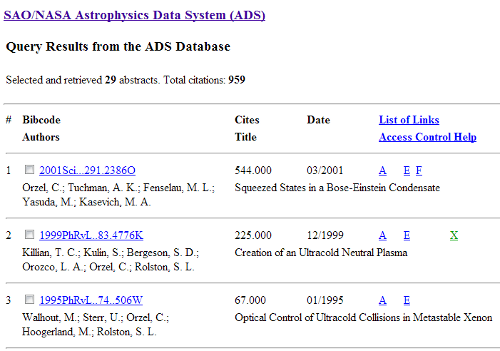I saw a bunch of people yesterday tweeting approval of John Hawks’s complaint about academic timidity when it comes to blogging:
The bottom line is: People need to decide if they want to be heard, or if they want to be validated. I have long been an associate editor at PLoS ONE, and once I edited a paper that received a lot of critical commentary. That journal has a policy of open comment threads on papers, so I told disgruntled scientists to please write comments. The comments appear right with the article when anybody reads it, they appear immediately without any delay, and they can form a coherent exchange of views with authors of the article and other skeptical readers.
Some of the scientists didn’t want to submit comments, they wanted to have formal letters brought through the editorial review process. “Why?” I wrote, when you could have your comments up immediately and read by anyone who is reading the research in the first place? If you want to make an impact, I wrote, you should put your ideas up there right now.
Having just been at a conference where I talked to a bunch of friends who are pre-tenure, or just received tenure, I have a slightly different spin on this. I don’t think it’s affirmation they need, it’s publications. If you have a tenure-track job, or hope to someday have a tenure-track job, you have to be worried not so much about your impact on journal readers as your impact on job application readers and tenure review committee readers. And whatever additional impact and immediacy comments on an article might have, they are not citeable publications, and as such are a poor investment of resources for a pre-tenure faculty member.
If you’re going to put in the effort to do a proper job of countering a poor paper, it ought to result in at least a formal letter brought through the editorial process, because that’s a line you can add to your CV. “I left a devastating comment on the PLoS ONE page of a stupid article” is not something you can, at present, cite. And even people with tenure are products of a system which only rewards citeable publications, and thus are conditioned to not publish stuff that can’t be cited. The stakes get somewhat lower after tenure, but it’s not until the full professor with an endowed chair level that it stops mattering at all (because there’s no further possibility of promotion), and by that time, it’s been decades.
Now, you can maybe argue that this is a failure of vision on the part of the current culture of academia, and I’d agree with you to a point. Maybe there should be a way to cite and get professional credit for comments left in response to journal articles, and blog posts about journal articles, and the like, but right now, there isn’t. And given the stakes– hundreds of applications for a single tenure-track opening, the slim odds of getting a second chance if you fail a review, I don’t think a lack of eagerness to embrace new media can really be held as indicative of a character flaw. Affirmation in academia doesn’t just mean a warm-fuzzy feeling, it means continued employment.
If you want to get more academics posting to blogs and leaving comments on journals that accept comments, you need to provide a way to cite those and credit those as scholarly publications. Which is going to take time to get accepted, and is going to require some senior people to take the lead.
And, of course, there’s a tricky line that needs to be walked, here, because while giving credit for blogs and comments would encourage more participation, it risks becoming yet another mandatory drain on the finite time and energy of faculty. We need a shift in academic culture to not only credit more things, but be more flexible about counting different distributions of things as equally valuable. Blogging should not be mandatory.
So, this is a more complicated situation than just wanting people to publicly approve of your comments. There are very good reasons for academics to be skittish about blog and journal comments, beaten into our heads over many years, and it’s not going to be a simple matter to change that.
(Ironically, I probably would’ve just left this as a comment on Hawks’s blog post, but there doesn’t seem to be an obvious way to do that…)

““Why?” I wrote, when you could have your comments up immediately and read by anyone who is reading the research in the first place?”
Because if “anyone” is like me they have long stopped reading comments…
Another reason that might play into it is that internet commenting brings out the worst in people. I can’t really speak to the tone of formal rebuttals, but I would hope they don’t sink down to the level of picking out grammar errors, invoking Godwin’s law, and suggesting that the person you’re talking to is autistic. (And comments can get a lot worse than that.)
Since you mentioned shifting academic culture to credit more things, the Chronicle of Higher Education ran several articles recently on the “altmetrics” movement.
I don’t think credit should _ever_ be given for blogs, in an of themselves. Blogger is principally a personal activity, and is supposed to be removed from work and other concerns. Its casual, hobby-like nature makes it more open, endearing, and welcoming to readers and writers.
Basically, blogging is the internet version of going to a cafe/pub/game and chatting. And no, that shouldn’t be citable either(mentionable in anecdotes though….).